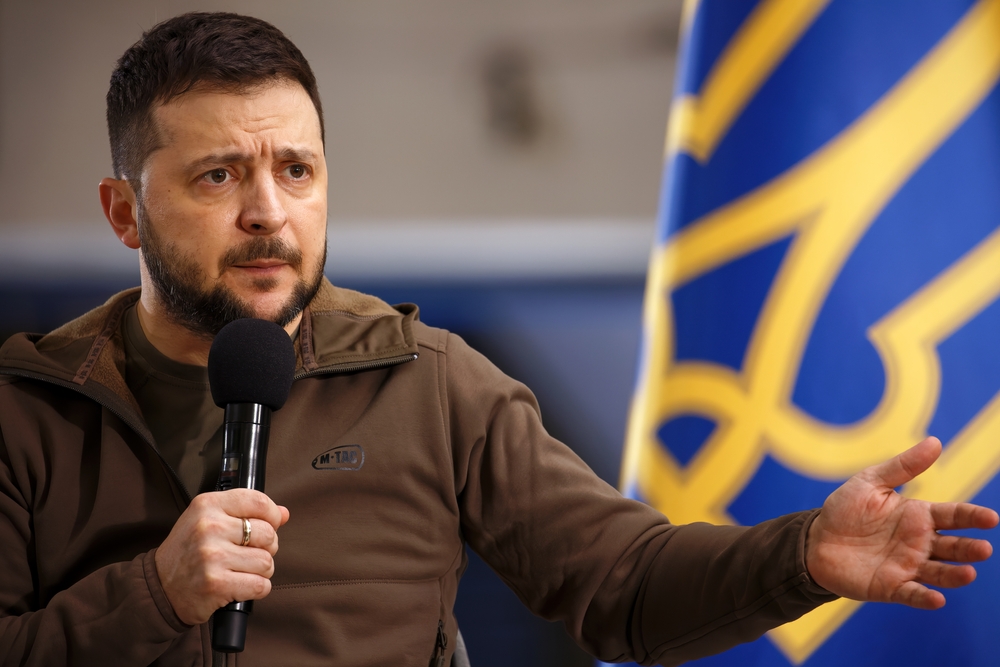During the special operation “Web”, Ukrainian forces hit 34% of Russia’s strategic bombers with drones, Zelensky said.
Others are reading now
Ukrainian President Volodymyr Zelensky says Kyiv has dealt a massive blow to Russia’s long-range air power, claiming that more than a third of its strategic bombers were hit during a surprise drone assault dubbed “Operation Spider Web.”
Speaking on June 2, Zelensky described the coordinated attack as “absolutely unique” and revealed that it involved 117 drones targeting key Russian airbases that host strategic bombers.
According to the president, the operation was in the works for over 18 months and was executed with the help of agents operating “right next to” the Russian Federal Security Service (FSB).
“The most interesting thing is that the ‘office’ of our operation on Russian territory was located directly next to the Russian FSB in one of their regions,” Zelensky said, adding that all Ukrainian personnel involved had been extracted to safety the day before the strikes.
Also read
Strategic Targets in Russia’s Heartland
The Security Service of Ukraine (SBU) confirmed that drones struck four major Russian airfields: Olenya (Murmansk region), Belaya (Irkutsk region), Dyagilevo (Ryazan region), and Ivanovo. These bases are home to Russia’s strategic bomber fleet, including Tu-95 and Tu-22M3 aircraft—long-range bombers capable of launching cruise missiles.
Ukrainian intelligence sources estimate that 41 aircraft were affected in the operation, including early warning aircraft (A-50s), strategic bombers, and military cargo planes.
According to independent analysis by Dnipro OSINT, at least seven bombers were destroyed: five Tu-95s, two Tu-22M3s, and one An-12 military transport aircraft.
Russian officials have offered limited confirmation. The Ministry of Defense acknowledged drone strikes and reported fires damaging “several aircraft” at two airfields.
It claimed, however, that most of the drones were intercepted and that there were no casualties among military personnel or civilians.
Fallout in Moscow
The scale of the Ukrainian drone attacks stunned many in Russia—including prominent military commentators. State-linked military Telegram channels like “Two Majors” called the incident a direct blow to Russia’s nuclear deterrent and even floated nuclear retaliation as a response.
Lieutenant General Andrei Gurulev, a member of Russia’s State Duma, called the operation a “failure” of Russian intelligence and defense planning.
Heads should be cut off for such things,” Gurulev said. “There are serious questions about how they got there, why the airfields weren’t protected, and who allowed this to happen. An investigation should be conducted from all sides.
The SBU estimated the material damage from the strikes at roughly $7 billion, though this figure could not be independently verified.


